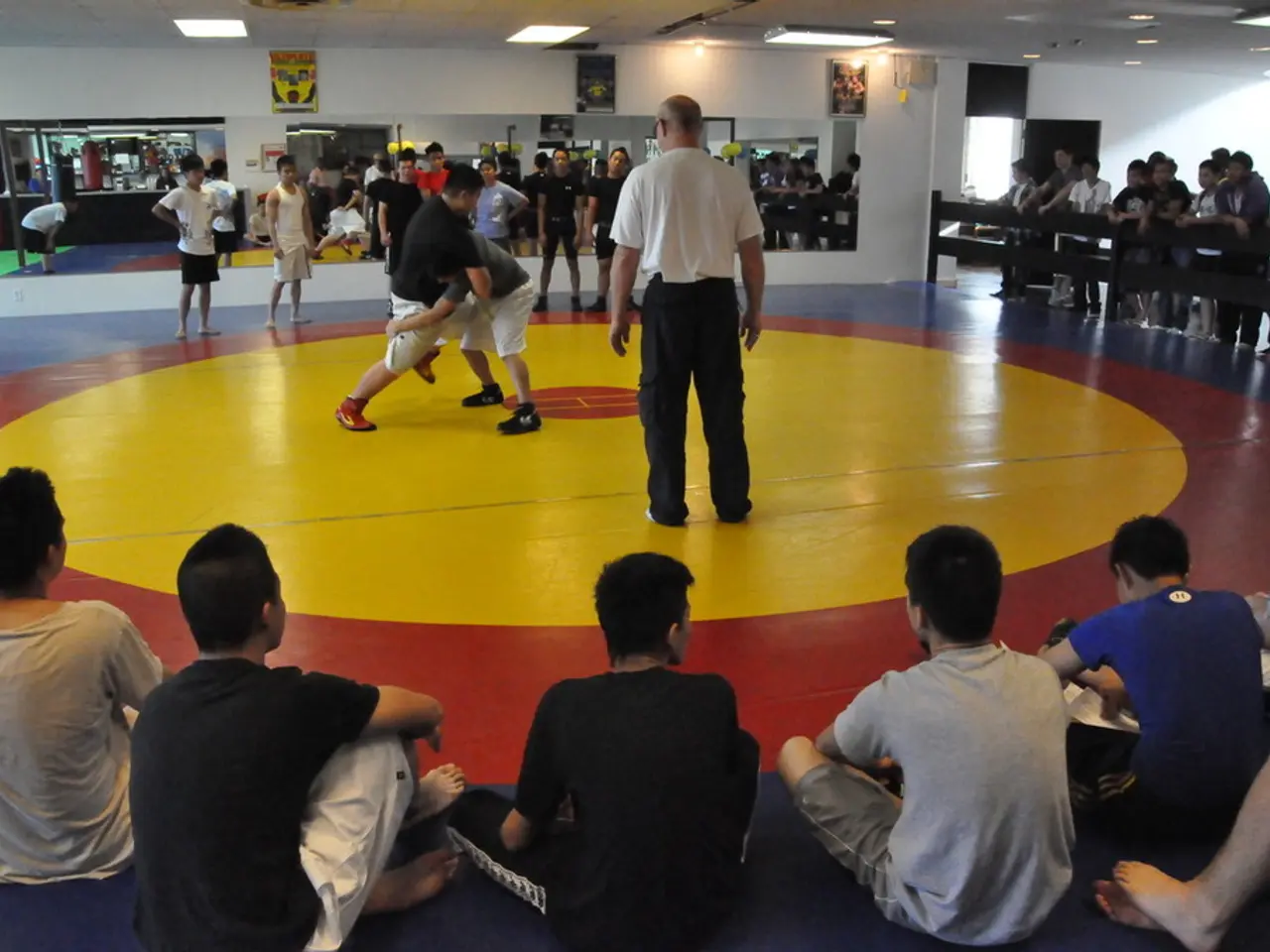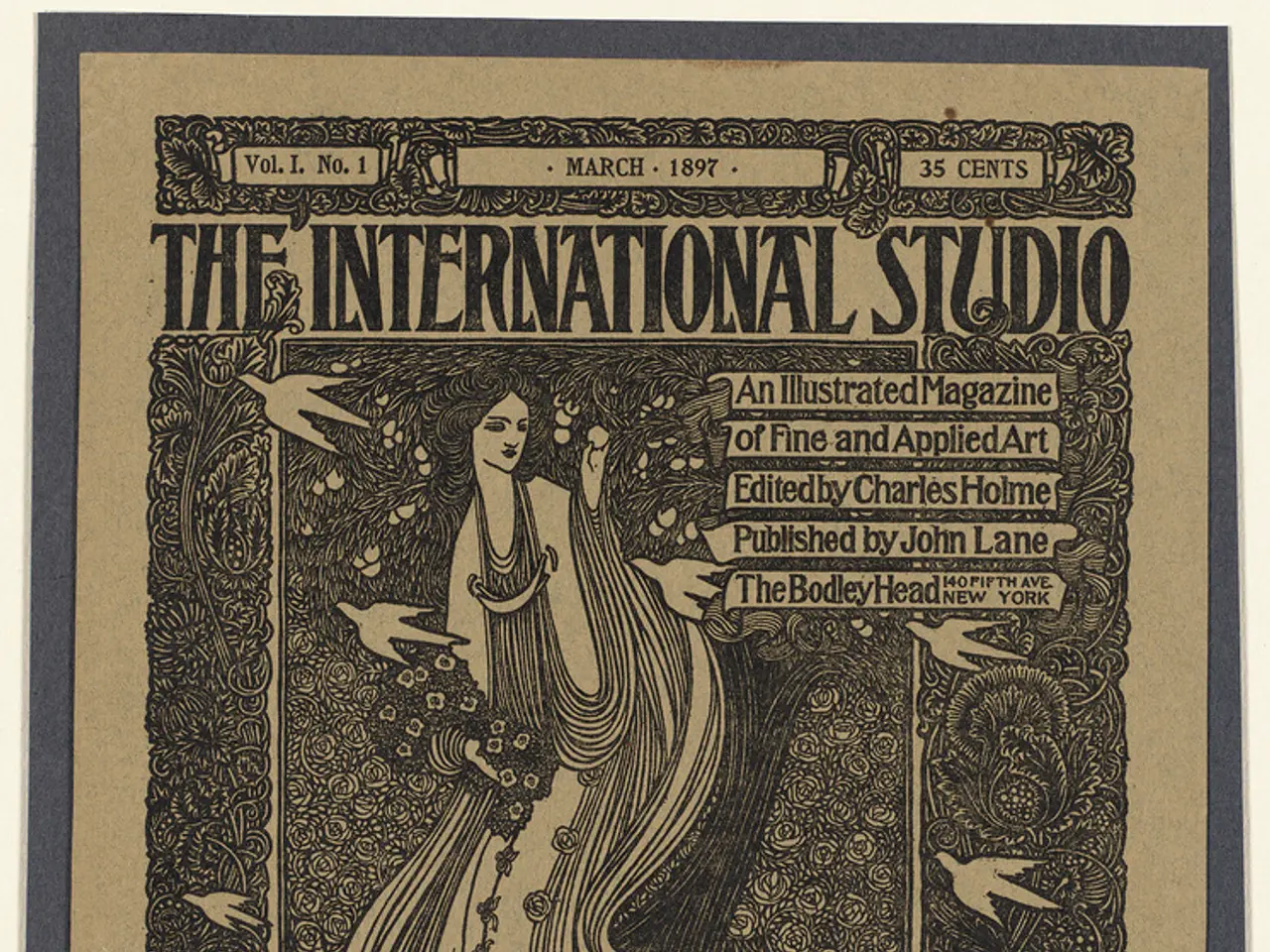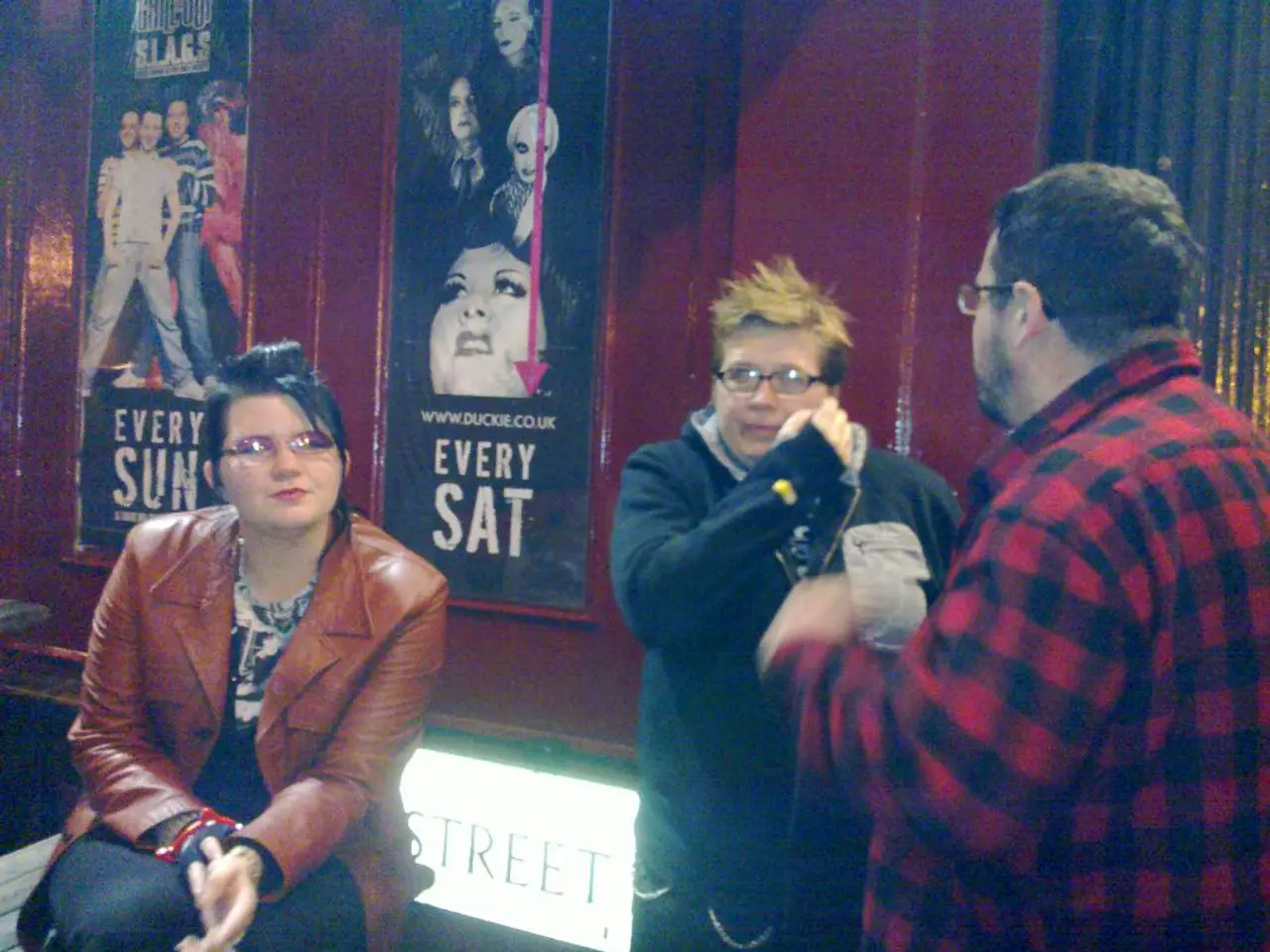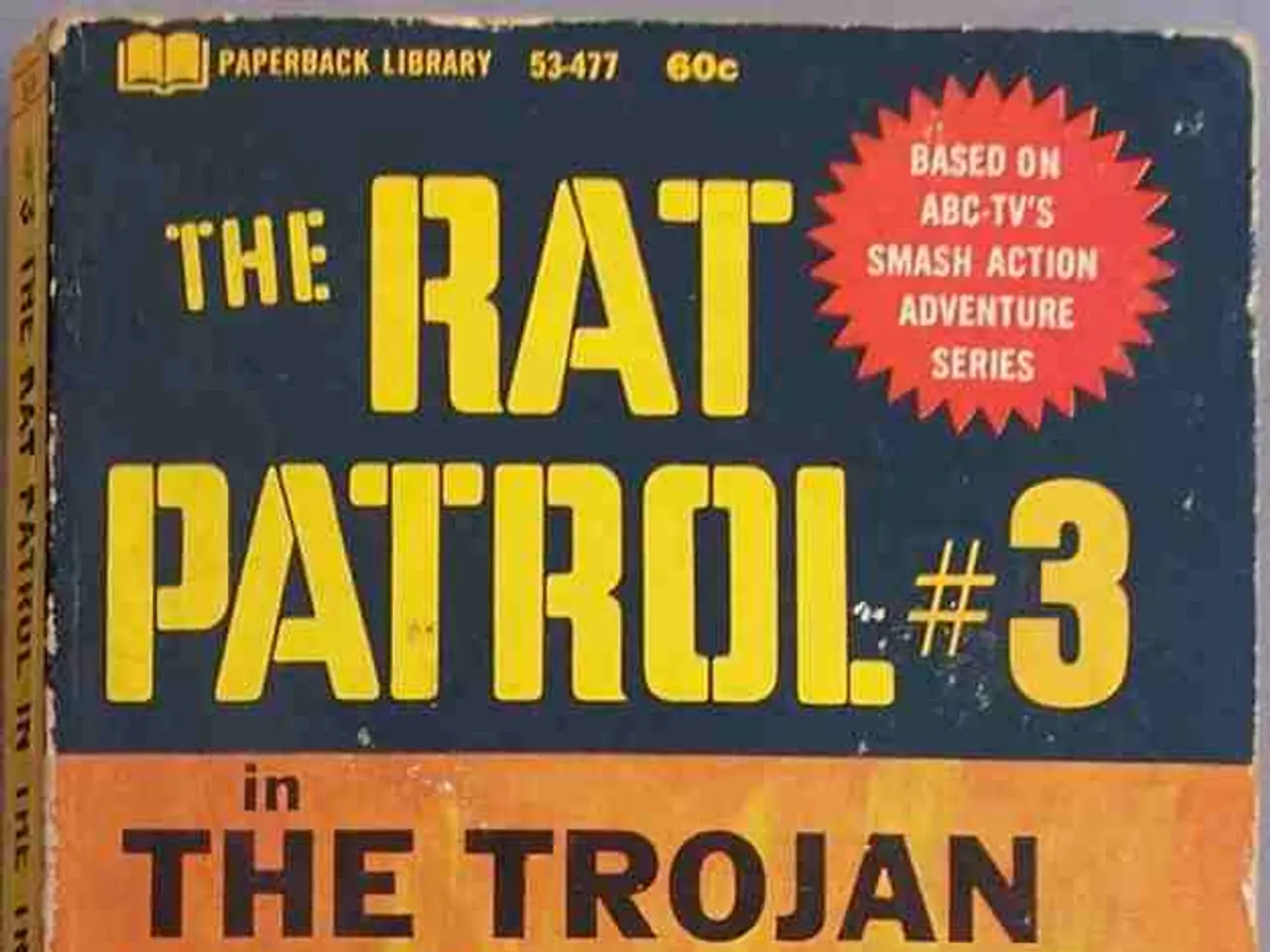Germany's current engagements
=========================================================
The gaming industry in Germany is currently experiencing a significant resurgence, with board games leading the charge. Internationally recognized games like "Catan", "Scotland Yard", "Carcassonne", and "Taboo" have gained worldwide popularity, and new games are continually emerging to join their ranks.
One of the key factors driving this boom is the cultural and historical significance of board gaming in Germany. The prestigious Spiel des Jahres award, which promotes high-quality, innovative games, draws international attention and boosts sales for winning games, contributing to a vibrant board game market.
Recent statistics reveal that a third of households in Germany own a collection of up to five board games or card games. A survey by YouGov market research institute found that 70% of respondents sometimes play board games or card games. This widespread interest in board games is evident in daily life, with Germans gathering to spend evenings playing together, and board games being a common sight on trains and buses.
The variety of game mechanisms—from simple tile matching to strategic cooperation and area control—appeals to a broad spectrum of players. For instance, the cooperative strategic game "Bomb Busters", which won the 2025 Game of the Year, has been well-received by both casual and serious gamers.
Germany's strong tradition of game design and the continuous release of new, innovative games create ongoing interest and demand. Upcoming releases like innovative strategic and thematic games are expected to further fuel the industry's growth and diversity.
"Catan", designed by German game designer Klaus Teuber, achieved record sales in 1995 and has been translated into 35 languages, praises from gaming enthusiasts worldwide. Other popular board games among Germans include Rummikub, chess, Uno, and Codenames.
Interestingly, Germans' favorite board games are those that test knowledge, involve strategy, or require logical thinking. This preference for mentally stimulating games could be a reflection of the German culture's emphasis on education and intellectual pursuits.
Despite the rise of digital and electronic games, the demand for board games in Germany remains strong. Contrary to expectations, the digital age has not diminished the appeal of traditional board games. Instead, it seems to have sparked a desire for a return to slowness, tranquility, and togetherness in life among Germans.
In conclusion, Germany's board game popularity is driven by a tradition of innovation, quality awards like Spiel des Jahres, and diverse games appealing to both casual and serious gamers, all contributing to the ongoing resurgence of the board game market.
Germany.de is an online platform that offers a wide range of entertainment options, including news, articles, and reviews about the thriving board game industry in Germany.
Engaging in board games, with their mental stimulation and cultural significance, has become a popular form of entertainment for many Germans, often witnessed on trains and buses, as well as in homes and social gatherings.








